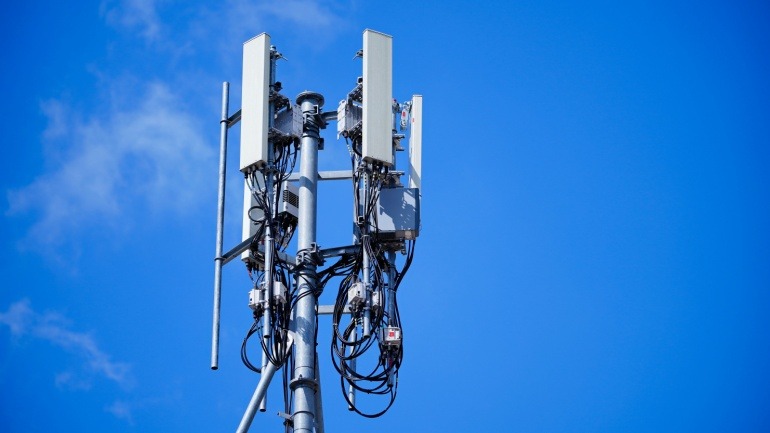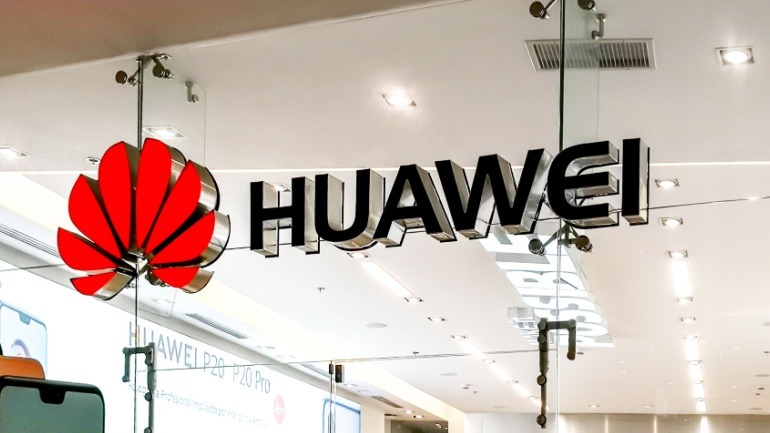Virgin Media O2 has announced a £700 million investment to enhance its 4G and 5G networks by 2025. This move is part of its expansive Mobile Transformation Plan, crucial for accommodating the surge in mobile data usage.
Canada is revolutionizing telecommunications with its expansion of 5G spectrum, including mmWave spectrum. This government initiative enables enhanced network performance, especially in remote areas, empowering sectors like smart agriculture and industrial automation.
Semtech Corporation has launched advanced 5G initiatives, featuring the EM9492 and EM9295 modules powered by Qualcomm technology. The EM9492 enhances high-end IoT devices, while the EM9295 balances cost and performance for wider 5G adoption.
KDDI and Space Data, in partnership with JAXA, are developing a virtual ISS to simulate space robot operations from April to October 2025. Using real ISS data, the project aims to enhance robotic accuracy and efficiency.
Huawei’s display at the MWC in Barcelona showcased their cutting-edge solutions for telecoms carriers, focusing on the transformative power of 5G and AI. Huawei’s innovations in AI-centric network solutions aim to enhance telecom infrastructure, streamline operations, and meet the increasing demands of AI applications.
At MWC 2025, Giesecke+Devrient (G+D) announced a major leap in satellite IoT, partnering with Skylo and Sateliot to offer 5G-compatible NB-IoT services via GEO and LEO satellites. This move enhances global IoT coverage, addressing connectivity gaps in remote areas and benefiting industries like logistics and agriculture.
Rakuten Symphony advances its Real Open RAN Licensing Program through key partnerships with Cisco, Airspan, and Tech Mahindra. This initiative accelerates Open RAN adoption globally, enabling seamless 5G deployment.
Bell’s enhanced 5G partnership with Nokia integrates cloud solutions and open radio access network technology, advancing their network capabilities. By implementing Nokia’s Cloud RAN software and AI-driven management, Bell enhances efficiency and scalability.
O2 Telefónica Germany has extended its partnership with Mavenir, signing a five-year deal to transition its 4G and 5G voice services to Mavenir’s cloud-native IMS platform. This upgrade enhances scalability, supports VoLTE and VoNR, and integrates AI-driven automation.
Telefónica has confirmed the $1.25 billion sale of its Argentina operations to Telecom Argentina, aiming to reduce debt and streamline operations. While Telecom plans to expand broadband and 5G, concerns arise over market dominance, prompting regulatory scrutiny.













